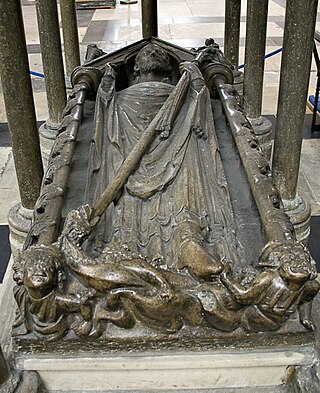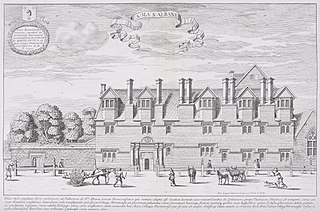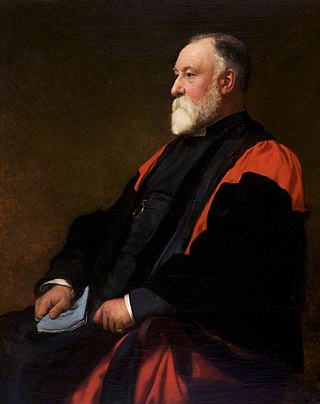Related Research Articles

Walter de Merton was Lord Chancellor of England, Archdeacon of Bath, founder of Merton College, Oxford, and Bishop of Rochester. For the first two years of the reign of Edward I he was – in all but name – Regent of England during the King's absence abroad. He died in 1277 after falling from his horse, and is buried in Rochester Cathedral.

Walter de Gray was an English prelate and statesman who was Archbishop of York from 1215 to 1255 and Lord Chancellor from 1205 to 1214. His uncle was John de Gray, who was a bishop and royal servant to King John of England. After securing the office of chancellor, the younger Gray was a supporter of the king throughout his struggles and was present at the signing of Magna Carta in 1215. After two unsuccessful elections to a bishopric, he became Bishop of Worcester in 1214 but soon after moved to York. During the reign of John's son, King Henry III, Gray continued to serve the king while also being active in his archdiocese. He died in 1255 and was buried at York Minster, where his tomb still survives.

Sir Walter Norman Haworth FRS was a British chemist best known for his groundbreaking work on ascorbic acid while working at the University of Birmingham. He received the 1937 Nobel Prize in Chemistry "for his investigations on carbohydrates and vitamin C". The prize was shared with Swiss chemist Paul Karrer for his work on other vitamins.
Walter Giffard was Lord Chancellor of England and Archbishop of York.

St Alban Hall, sometimes known as St Alban's Hall or Stubbins, was one of the medieval halls of the University of Oxford, and one of the longest-surviving. It was established in the 13th century, acquired by neighbouring Merton College in the 16th century but operated separately until the institutions merged in the late 19th century. The site in Merton Street, Oxford, is now occupied by Merton's Edwardian St Alban's Quad.

Thomas Bek, Beck, or Becke was a Bishop of St David's in Wales.

William Walter Merry (1835–1918) was an English classical scholar, clergyman, and educator.

John Lloyd, born at Pendine, Carmarthenshire, Wales, the son of Morgan Lloyd, was principal of Jesus College, Oxford, vice-chancellor of the University of Oxford and Bishop of St David's.
Geoffrey de Muschamp was a medieval Bishop of Coventry.
Alic Halford Smith (1883–1958) was a British philosopher and Vice-Chancellor of Oxford University.

Joseph Wells was a British author and Oxford academic, where he served as vice-chancellor from 1923 to 1926.
Walter Hodges D.D. was an English academic administrator at the University of Oxford.
Walter Wright LL.D. was an English academic administrator at the University of Oxford.
Walter Trengof was an English medieval churchman and university Chancellor.
Humphrey de Cherlton was an English medieval churchman and university chancellor.
Walter Giffard was an English medieval theologist, university vice-chancellor, and university chancellor.
Walter Burdun was an English medieval churchman, college fellow, and university chancellor.
Walter de Wetheringsete was an English medieval theologian and university chancellor.
References
- ↑ Hibbert, Christopher, ed. (1988). "Appendix 5: Chancellors of the University". The Encyclopaedia of Oxford . Macmillan. pp. 521–522. ISBN 0-333-39917-X.
- ↑ The Honours Register of the University of Oxford: A record of University honours and distinctions, completed to the end of Trinity term, 1883. Clarendon Press. 1883. p. 8.